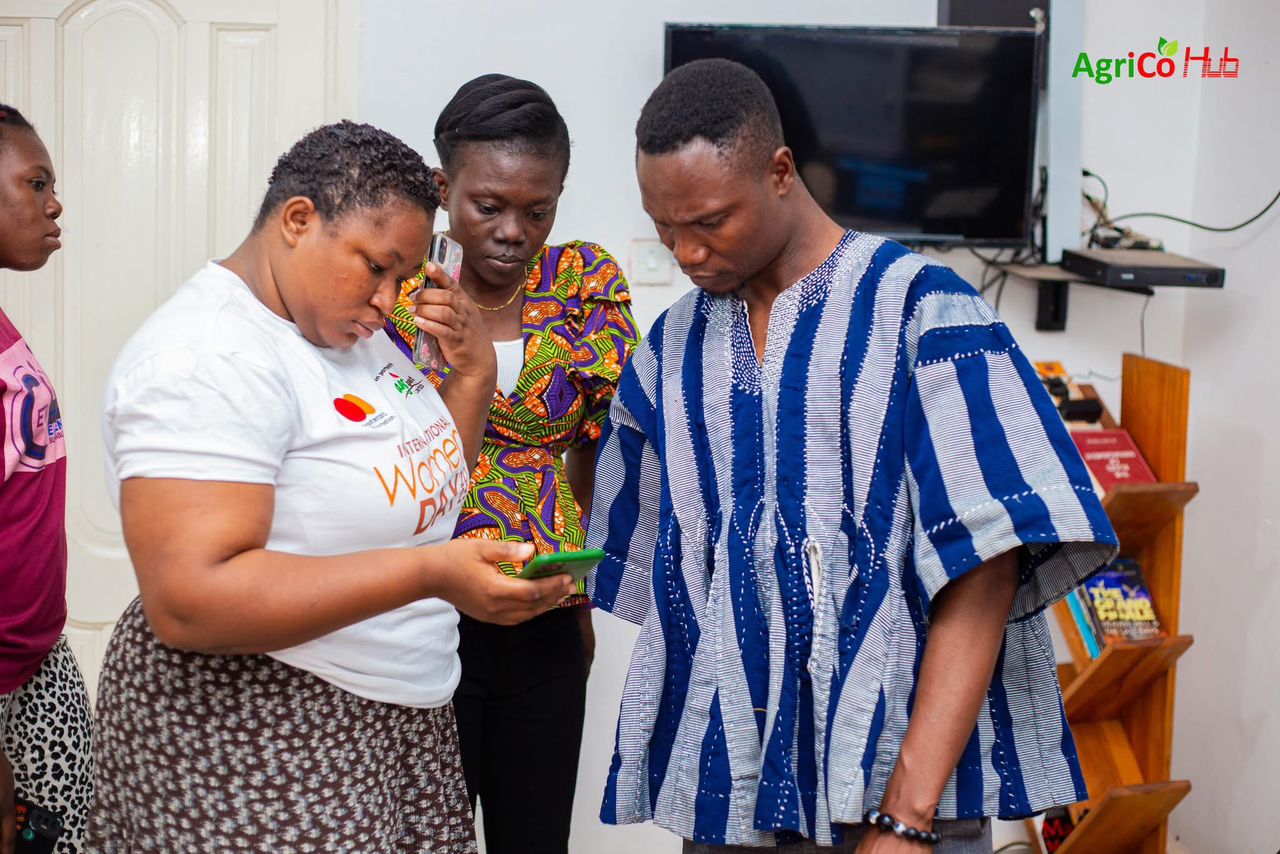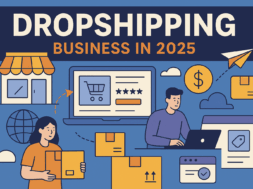How AI is tipped to Deepen Africa’s Youth Unemployment Crisis — And Why Entrepreneurship Is the Only Way Out

The Silent Crisis Behind Technological Progress
Beneath the global excitement surrounding Artificial Intelligence (AI) and digital transformation, a silent crisis is unfolding—one that threatens the economic future of an entire generation. Around the world, AI is revolutionizing industries, automating repetitive work, and redefining productivity. But for developing economies—especially in Africa—this wave of innovation risks becoming a wave of exclusion.
Africa, home to the world’s youngest population, is standing on a ticking time bomb. With over 77% of its people under 35, the continent has an unprecedented youth bulge that could be its greatest asset or its gravest liability. Yet, as AI rapidly replaces traditional and entry-level jobs, millions of young Africans are at risk of being locked out of the global economy before they even enter it.
The traditional pathway—study hard, graduate, and find a job—is collapsing. AI is transforming industries like finance, agriculture, and manufacturing, where automation now performs tasks once reserved for humans. While the rest of the world celebrates efficiency, Africa faces an unsettling paradox: technological advancement without employment expansion.
The Harsh Reality: A Global Shift with Local Consequences
Globally, AI-driven automation is already reshaping the workforce. A Stanford University study reports a 13% decline in youth employment (ages 22–25) in AI-exposed sectors. Since the introduction of advanced AI tools such as ChatGPT in late 2022, entry-level job openings have fallen by almost 30% worldwide, particularly in clerical, customer service, and data processing roles—positions that once served as a bridge between education and the job market.
For Ghana and much of Africa, the implications are dire. Ghana’s economy, already strained by slow industrialization and limited private sector growth, is ill-prepared for an AI-driven future. The country’s labor force remains over 80% informal, and its industries are largely labor-intensive—making them highly vulnerable to automation.
As AI systems replace routine administrative, accounting, and processing tasks, even the few available entry-level jobs are vanishing. This means that the youth unemployment crisis—currently at 32% among those aged 15–24—is likely to worsen. In 2024 alone:
754,000 youth actively sought jobs but couldn’t find any.
1.25 million young people were Not in Education, Employment, or Training (NEET).
4 in 10 unemployed youth had been without work for over a year.
These are not just statistics. They represent the frustration of a generation left behind by a rapidly digitizing world—graduates selling airtime on the roadside, technicians idling at home, and innovators struggling to access the mentorship or funding needed to bring their ideas to life.
The Systemic Breakdown: When Structure Fails Youth
At the root of this crisis lies a structural disconnection between education, employability, and innovation. Educational institutions continue to produce graduates with theoretical knowledge but little relevance to the modern job market. The few startups and MSMEs that can absorb youth lack innovation support, access to credit, or digital capacity to scale.
AI is now exposing and accelerating these weaknesses. It is replacing low-skill, repetitive jobs faster than new high-skill opportunities can emerge. Ghana’s youth—creative, connected, and ambitious—are being excluded from the future of work simply because they are not being prepared for it.
Unless bold steps are taken, AI will not only widen the unemployment gap—it will institutionalize exclusion, making it almost impossible for unskilled and semi-skilled youth to re-enter the formal economy.
Entrepreneurship as a National Survival Strategy
In this context, entrepreneurship is no longer a choice—it is a national survival strategy. If AI is shrinking job opportunities, then Ghana must create new ones through enterprise, innovation, and self-employment. The youth must be empowered not just to seek jobs, but to build them.
To achieve this transformation, Ghana and Africa must act decisively and collaboratively:
Develop a National Youth Entrepreneurship and Innovation Strategy
– Position startups and innovation hubs as engines of job creation.
– Align government, private sector, and donor programs around youth-led enterprise growth.
Reform Education for Entrepreneurial and Digital Thinking
– Integrate AI literacy, coding, design thinking, and financial management into school curricula.
– Shift education from rote learning to problem-solving, creativity, and innovation.
Empower Regional Innovation Hubs and Digital Ecosystems
– Strengthen local hubs as pipelines for mentorship, incubation, and market access.
– Promote collaboration between academia, industry, and government to nurture scalable youth startups.
Build Future-Ready Skills for the AI Economy
– Provide targeted training in robotics, automation, blockchain, and data science.
– Foster public-private partnerships that link technical training to emerging industry needs.
Finance the Future through Inclusive Capital Models
– Expand cooperative financing, micro-venture funds, and blended finance tailored to youth entrepreneurs.
– Channel innovation grants to women and youth-led businesses, especially in underserved regions.
The Call to Action: Building an Entrepreneurial Nation in the Age of AI
This is not a call to government alone—it is a national wake-up call. The era of fragmented youth programs and isolated startup initiatives must end. Ghana’s future depends on building a coordinated entrepreneurship ecosystem that transforms AI from a threat into a tool for inclusive growth.
AI will continue to redefine economies—but the real question is whether Africa’s youth will be victims or architects of this transformation.
If Ghana rises to the challenge, entrepreneurship can become the bridge between technological exclusion and economic empowerment. But if we delay, the cost will be more than unemployment—it will be the loss of a generation whose potential was buried beneath the promise of progress.
By: George Antwi-Boasiako, MSc, MSc, BA
Entrepreneurship Development Consultant
CEO, Agrico Hub
Director of Finance, Ghana Hubs Network
Email: gkantwi12@gmail.com
















